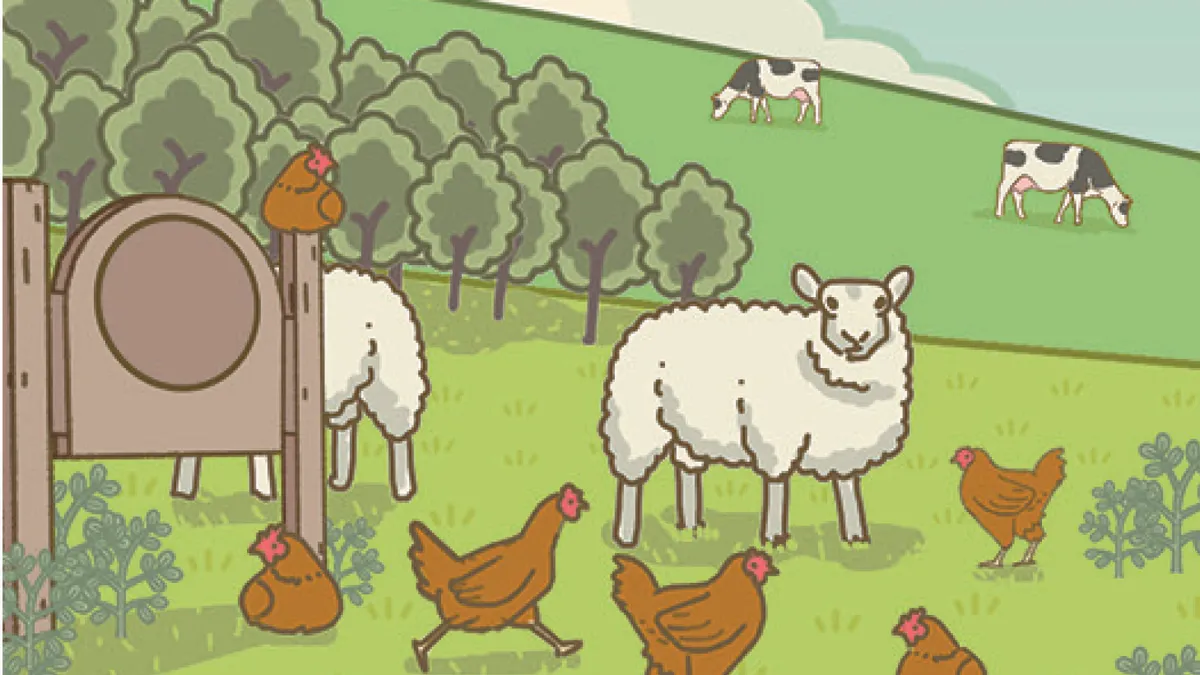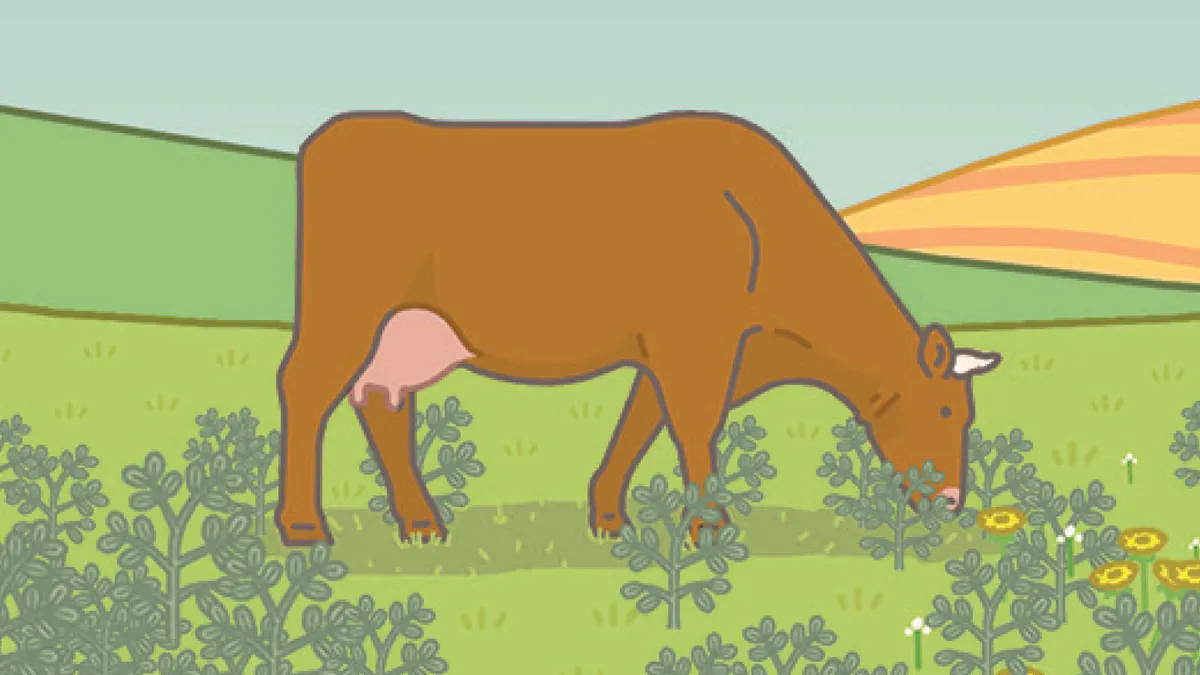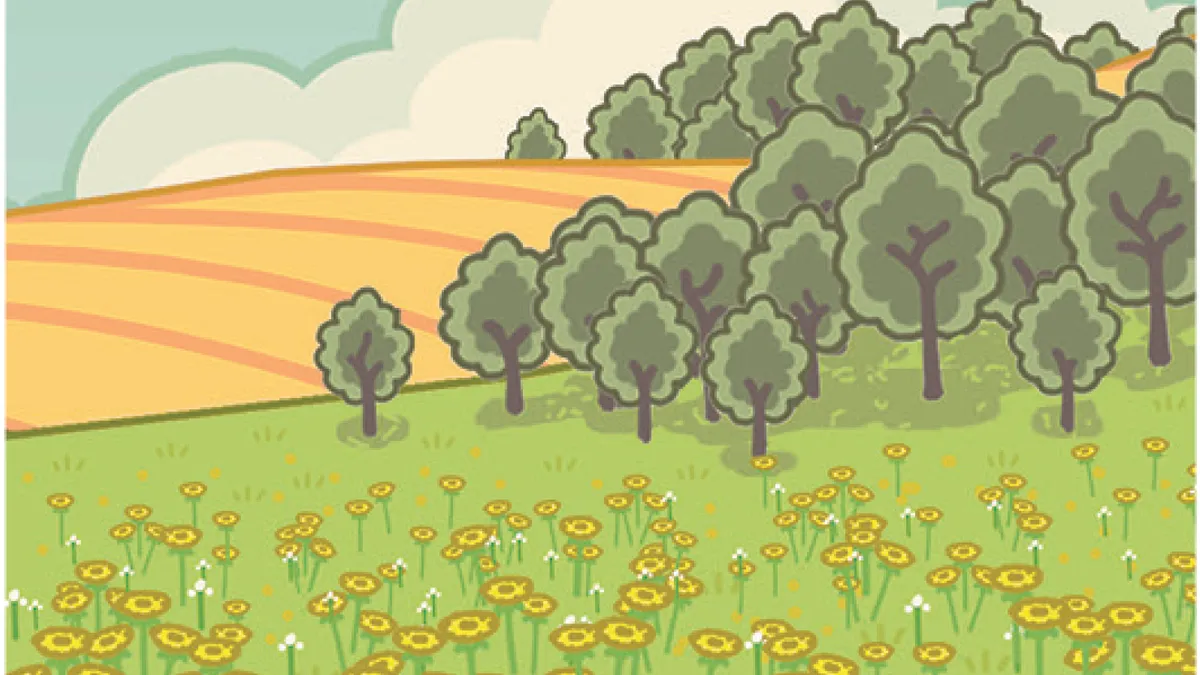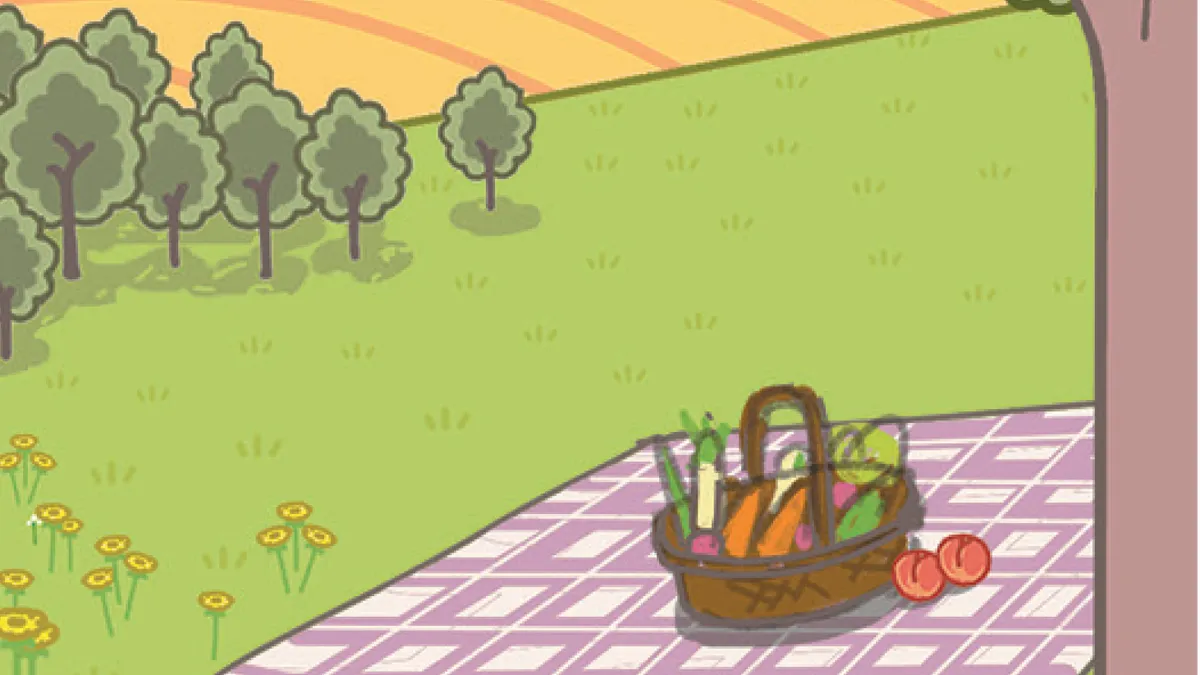Asked by: Jasper Wilson, Wisbech
1
Animal sanctuaries

Veganism seeks to exclude all cruelty to animals. Simply opening the farm gates to the existing stock of 3.5 billion grazing animals and 19 billion chickens wouldn’t work. Most would starve to death or be eaten by predators. Instead, farms would need to be converted into sanctuaries for the remaining natural lives of the animals.
2
Emissions

Food production is responsible for a quarter of all greenhouse gas emissions, mostly from cows burping methane. Methane is such a potent greenhouse gas that a global switch to plant-based diets would cut emissions from food production by 28 per cent – that’s the equivalent of India going carbon neutral.
3
Land use

Currently, 68 per cent of farmland is used for livestock. Planting a fifth of this with crops would produce the same amount of food as all the animals. This would leave 26 million square kilometres spare – an area 1.5 times the size of Russia – that could be planted with meadow or forest, to improve biodiversity.
4
Health

If we all gave up meat, around eight million fewer people would die each year, as a result of lower levels of heart disease, strokes and cancer. But most crops have lower levels of micronutrients per calorie than meat – especially vitamins A, B12 and D, and some essential fatty acids. Crops would have to be adjusted to avoid malnutrition.
Read more thought experiments:
Subscribe to BBC Focus magazine for fascinating new Q&As every month and follow @sciencefocusQA on Twitter for your daily dose of fun facts.
